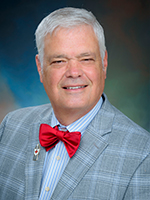SPPH’s Public Health Practice team faciliates community-based and experiential learning opportunities and collaborations between our students, faculty, staff, and partners at the local, state, national, and global levels. We seek to provide opportunities that lead to the application of public health knowledge and skills in real world settings to make a meaningful impact and improve health outcomes.









